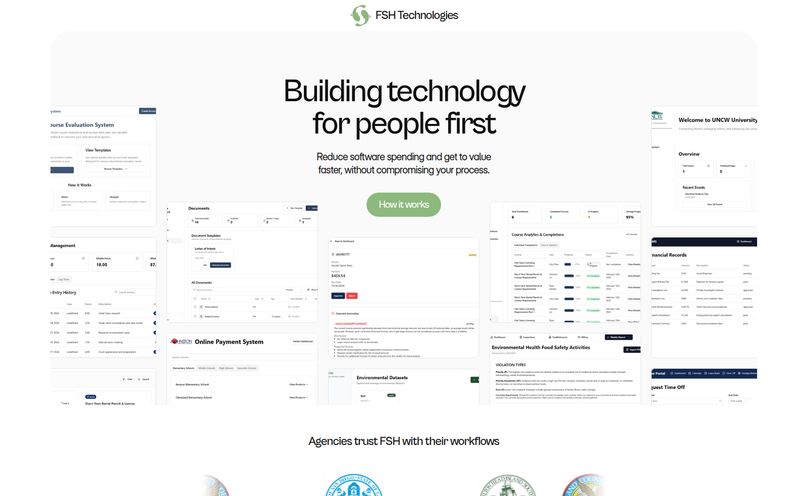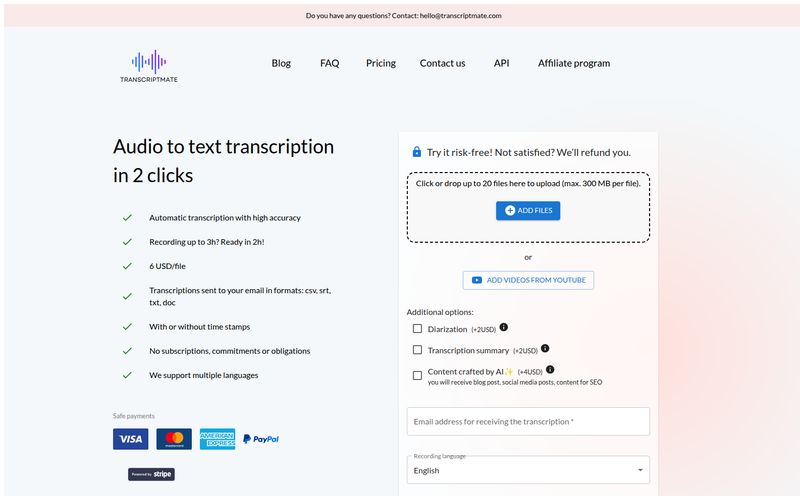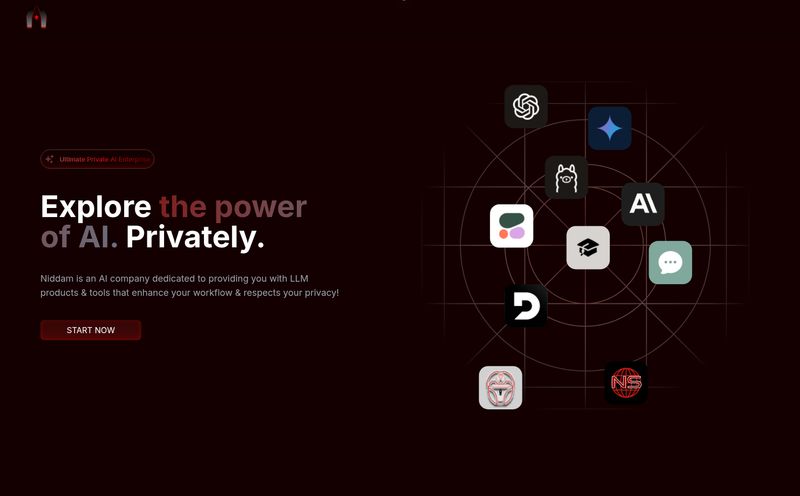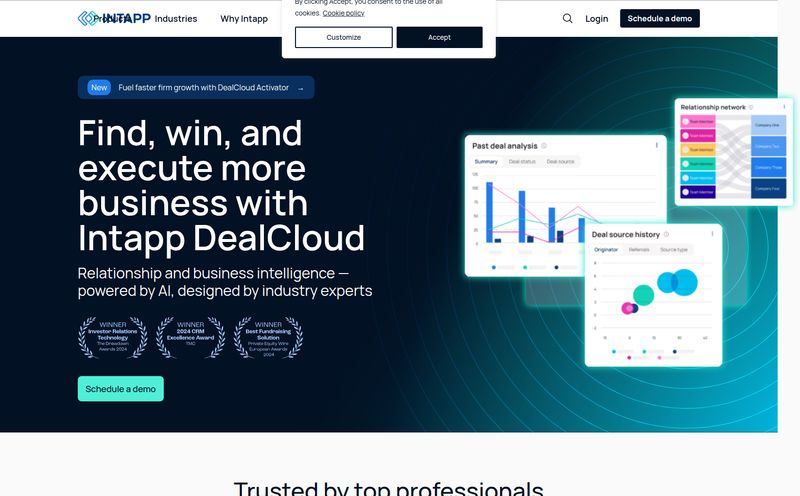If you've ever been in the e-commerce trenches, you know the grind. I'm talking about the late nights, fueled by lukewarm coffee, with a dozen browser tabs open. You're trying to find that one winning product. You're scrolling through thousands of customer reviews on Amazon, Shopify, or whatever platform is your poison of choice. It’s a blur of five-star raves, one-star rants, and a whole lot of three-star mediocrity. You're not just reading; you're on a quest, sifting for gold, trying to understand what customers really want. Sound familiar?
It’s a tedious process. Painful, even. So when I heard about a tool called ChatGPT for Shop, my ears perked up. The pitch was simple, beautiful, and exactly what the market needs: a browser extension that uses the power of ChatGPT to summarize and analyze all those user reviews for you. It's like having a brilliant, tireless research assistant who instantly tells you the good, the bad, and the ugly of any product. A potential game-changer for product selection and user profile analysis.
I got pretty excited. But as with many things in the tech world, especially in this AI gold rush, the story took an... unexpected turn.
What Was ChatGPT for Shop Supposed to Be?
The concept behind ChatGPT for Shop was brilliant. It was designed to be a simple browser extension that plugs directly into your workflow. You’d navigate to a product page on a major e-commerce site, click a button, and—poof—the extension would scrape all the reviews and feed them to a ChatGPT-powered brain.
In seconds, you'd get a concise summary. Not just a word cloud, but a genuine analysis highlighting recurring complaints, common praises, and the specific features people loved or hated. The main goal? To help e-commerce folks like us, from dropshippers to Amazon FBA sellers, make smarter decisions. It promised to help us build a clear “user profile” for a product, answering questions like:
- Who is the ideal customer for this?
- What problem are they actually solving with it?
- What are the deal-breakers that lead to returns and bad reviews?
- Are there unmet needs I could address with a better product?
This is the kind of insight that separates the seven-figure stores from the ones that fizzle out after a few months. It's the difference between guessing and knowing.
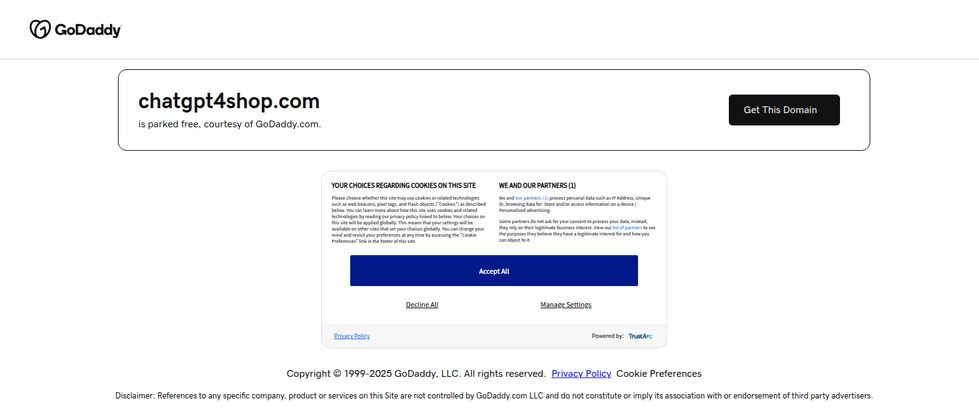
Visit ChatGPT for Shop
The Promised Features and Why They Mattered
The core feature was, of course, the AI-powered review summary. But the real value was deeper than that. Think of it as a sentiment analysis tool on steroids. Instead of just seeing a 4.2-star rating, you could instantly understand the why behind it. For example, a product might have a great rating, but the AI could reveal that all the positive reviews are from one demographic (say, casual hobbyists), while another demographic (professionals) consistently complains about a specific flaw. That's pure gold.
I’ve personally spent days, not hours, creating spreadsheets to manually track this stuff. Copying and pasting review snippets, color-coding themes, trying to find a pattern. The idea of a tool that could automate 90% of that work? Absolutely tantalizing. It promised to save us our most valuable resource: time.
The Good and The Not-So-Good (in Theory)
Based on the information available, the tool had a classic freemium structure. On the plus side, it offered quick summaries, the ability to analyze user profiles, and the convenience of a simple browser extension. You could get a taste of its power without opening your wallet, which is always a good sign.
The main drawback was the quota system. You'd get a handful of free analyses and then, you guessed it, you'd have to subscribe. This is standard practice, of course. Developers need to eat too. But it’s always a consideration. How much value do you get before hitting that paywall?
How Much Did It Cost?
The pricing model seemed straightforward enough. It was broken down into two simple tiers:
- Free Tier: New users would get 5 free analysis quotas. Just enough to see if it works for you.
- Pro Tier: A subscription model that unlocked 300 analysis quotas.
The exact monthly price for the Pro tier was never made clear, but this structure is very familiar in the SaaS world. The 5 free quotas were the hook, a chance to prove its worth. The 300 quotas on the pro plan would be plenty for most serious sellers doing monthly product research.
Okay, So... Does ChatGPT for Shop Actually Exist?
Here’s the twist in the tale. After getting hyped up about this fantastic idea, I did what any of you would do. I went to the website, chatgpt4shop.com, ready to install the extension.
And I was greeted by... a GoDaddy parked domain page. Womp, womp.
For those not in the know, a parked domain means someone owns the web address, but there's no actual website there. It's like buying a plot of land and leaving it empty. This discovery casts the entire tool in a different light. It feels less like a product and more like the ghost of a good idea.
What does this mean? There are a few possibilities:
- It was a project that never got off the ground. Someone had a brilliant idea, bought the domain, but never finished the development.
- The tool existed for a short time and has since been discontinued. Maybe it didn't get enough traction, or the developers moved on.
- It's a future project, and the domain is just a placeholder.
Whatever the reason, the outcome is the same: You can't use ChatGPT for Shop right now. It’s a bummer, because the problem it aimed to solve is very, very real.
Don't Despair: Alternatives for Smart E-commerce Research
So the magic bullet doesn't exist (at least not under this name). But the strategy is still sound! Don't let the demise of one tool stop you. You can still replicate its function, albeit with a bit more manual effort.
Be Your Own 'ChatGPT for Shop'
You can use the real ChatGPT for this! It's more work, but it's incredibly powerful. Here's a quick and dirty process:
- Go to a product page with a lot of reviews.
- Copy and paste a big batch of reviews (both good and bad) into ChatGPT.
- Use a prompt like this: "I am an e-commerce product researcher. Analyze these customer reviews for a [product name]. Please summarize the top 3 positive themes and the top 3 negative themes. Also, describe the likely customer profile based on these reviews."
The results can be shockingly insightful. It's not as fast as a one-click extension, but it's the next best thing.
Look at Established Players
For Amazon sellers, tools like Helium 10 and Jungle Scout have review analysis features built into their massive toolkits. They aren't as singularly focused as ChatGPT for Shop promised to be, but they get the job done as part of a larger suite for keyword research, listing optimization, and more.
Frequently Asked Questions
- What was ChatGPT for Shop?
- ChatGPT for Shop was supposed to be a browser extension that used AI to summarize and analyze customer reviews on e-commerce websites to aid in product research and selection.
- Is the ChatGPT for Shop extension safe to use?
- The tool appears to be non-existent. Its official website is a parked domain, so there is no extension to install. Be very wary if you find an extension with a similar name from an unofficial source, as it could be malware.
- How much did ChatGPT for Shop cost?
- It had a proposed two-tier pricing model: a free version with 5 analysis quotas and a paid "Pro" subscription that offered 300 quotas. The exact price of the subscription was not specified.
- Can I use regular ChatGPT to analyze product reviews?
- Yes, absolutely! You can manually copy and paste reviews into ChatGPT and ask it to summarize the pros, cons, and customer sentiment. It’s a very effective, if manual, alternative.
- Why is analyzing customer reviews so important for e-commerce?
- Reviews are direct feedback from your target audience. Analyzing them helps you understand customer needs, identify product flaws, spot market gaps, and ultimately choose products that are more likely to sell well and get positive feedback.
Final Thoughts on a Great Idea
ChatGPT for Shop is a fascinating case study. It represents a perfect application of AI for a real-world e-commerce problem. The idea is a 10/10. The execution, or lack thereof, leaves us with a lesson: an idea is only as good as its implementation.
While this particular tool may be nothing more than digital vaporware, it points to where the industry is heading. AI-powered research assistants are the future of product sourcing and market analysis. For now, we might have to be our own AI assistants, using tools like ChatGPT manually. But keep an eye out. The first company to truly nail this concept with a reliable, well-priced tool is going to make a lot of e-commerce sellers very, very happy.
References and Sources
- The now-defunct tool's parked domain: https://chatgpt4shop.com/
- OpenAI's ChatGPT for manual analysis: https://chat.openai.com/
- GoDaddy's explanation of parked domains: What is a Parked Domain?
- An example of an established e-commerce tool suite: Helium 10
